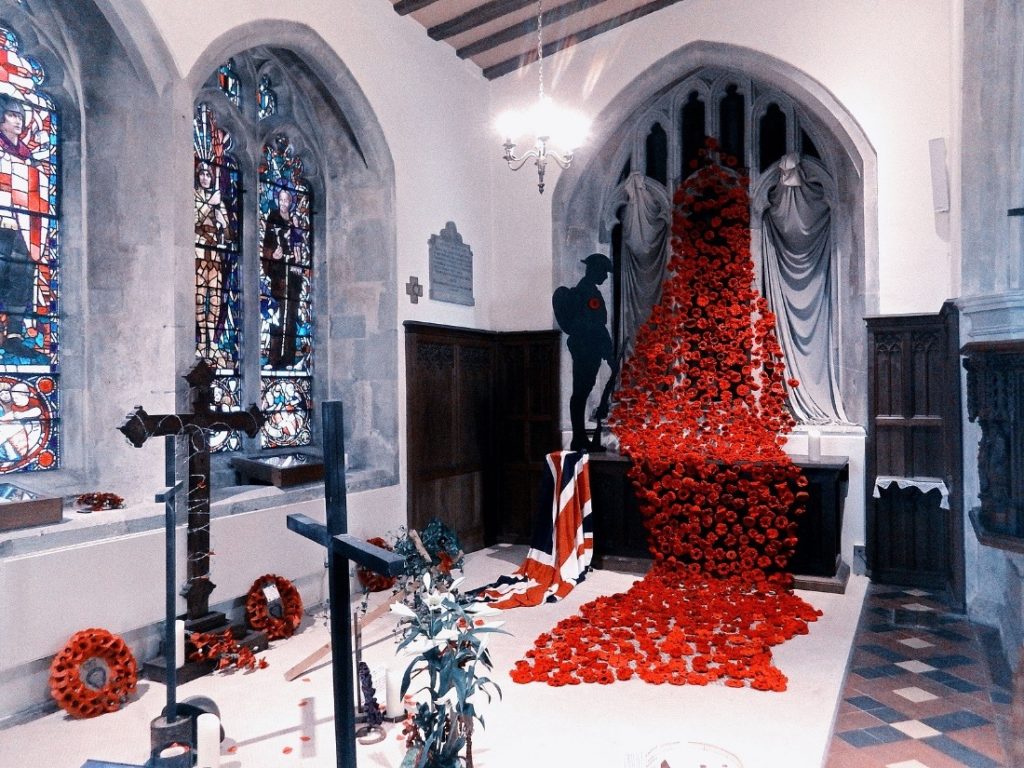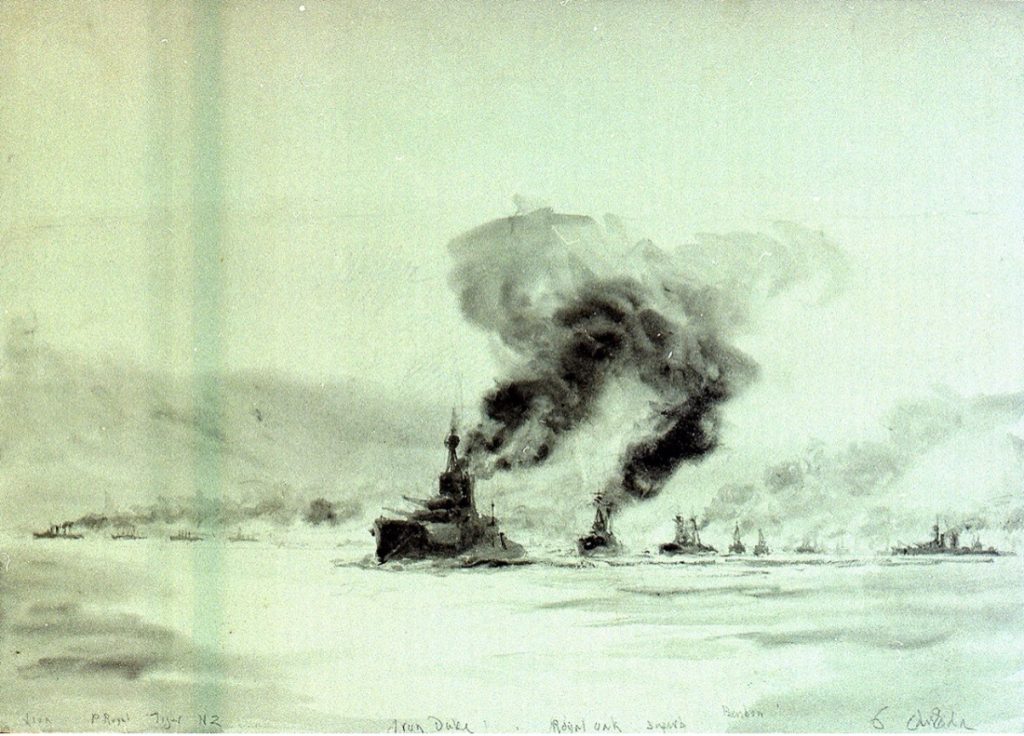Commemorating the First World War
Florence Green, the last known surviving veteran of the First World War, passed away in February of 2012. One of Britain’s few supercentenarians, Florence had joined the Women’s Royal Air Force in 1918, when she was just 17 years old, as an officers’ mess steward. When Prime Minister David Cameron first laid out his objectives for the First World War Centenary (FWWC) Programme in October 2012, Florence’s death meant it had become impossible to hear first-hand testimony from a World War One veteran. The Centenary’s mission, to ‘ensure that the sacrifice and service of a hundred years ago is still remembered in a hundred years’ time’, seemed even more vital as a result.

The FWWC programme was considerably larger in both ambition and scale compared with previous First World War commemorations, being the first to run for the entire duration of the four years. Approximately 35 million people across the UK participated directly in at least one event from the FWWC programme, with millions more watching from home through live BBC coverage. This impressive scale was made possible in part through the diverse array of advisers to the project, including Professor Sir Hew Strachan, Bishop Wardlaw Professor of International Relations.
Strachan has been an influential figure in the field of military history for over 45 years. Since joining the University of St Andrews in 2015, he has continually re-examined key assumptions about the war’s origins and its development. This included a reinterpretation of American contributions to the war effort, which reshaped centenary planning. The traditional British view has tended to be that American troops arrived too late to contribute meaningfully to the Allied victory, and the vital US role in the final victory has often been neglected as a result. Instead, Strachan argues that American involvement was of great significance in hastening the end of the war, through economic aid, much-needed naval support and an increase in the legitimacy of Allied efforts following the challenge posed by the Russian Revolution.
This research resulted in several memorial events specific to American sacrifices. These included a 2018 commemoration for over 600 US troops who were lost at sea off the coast of Islay in 1918, which was attended by Princess Anne and the US Ambassador to the United Kingdom. Strachan’s expertise helped to shape many events throughout the programme in this way. He served in a leading role on several centenary institutions, including WW100 (the Scottish Committee for the Centenary of the First World War) and the UK National Committee for the Centenary of the First World War, and chaired the 1914-1918 committee of the Commonwealth War Graves Commission and the Advisory Committee for the new First World War galleries of the Imperial War Museum.

These positions gave Strachan a central role in shaping the Centenary events, which he utilised in part to make them more international and inclusive. As chair of the 1914-1918 Committee of the Commonwealth War Graves Commission as well as a member of the UK committee, Strachan was directly involved in planning the centenaries of the battles of the British Empire – one of which, the commemoration for the Battle of Jutland, was attended by the British Prime Minister and the German President, as well as other dignitaries, naval representatives, and military bands from both nations.
Similarly, Strachan’s work highlighting the importance of the Anglo-French relationship to the early stages of the war directly impacted the FWWC programme. In addition to his work on UK commissions for the centenary, Strachan served on the national advisory committee for the French Government and acted as a bridge between commemoration efforts on both sides of the channel. This greatly assisted preparations for the Somme commemoration, during which 10,000 people attended a ceremony led by the French President and members of the British Royal Family while over a million more watched from home. His efforts culminated in a special commemoration held in London for Ferdinand Foch, the French General who served as Supreme Allied Commander from March 1918 until the end of the war. The event was warmly received in France, and its ambitious inclusivity was typical of the remarkable impact of Professor Sir Hew Strachan throughout efforts to commemorate the Great War.